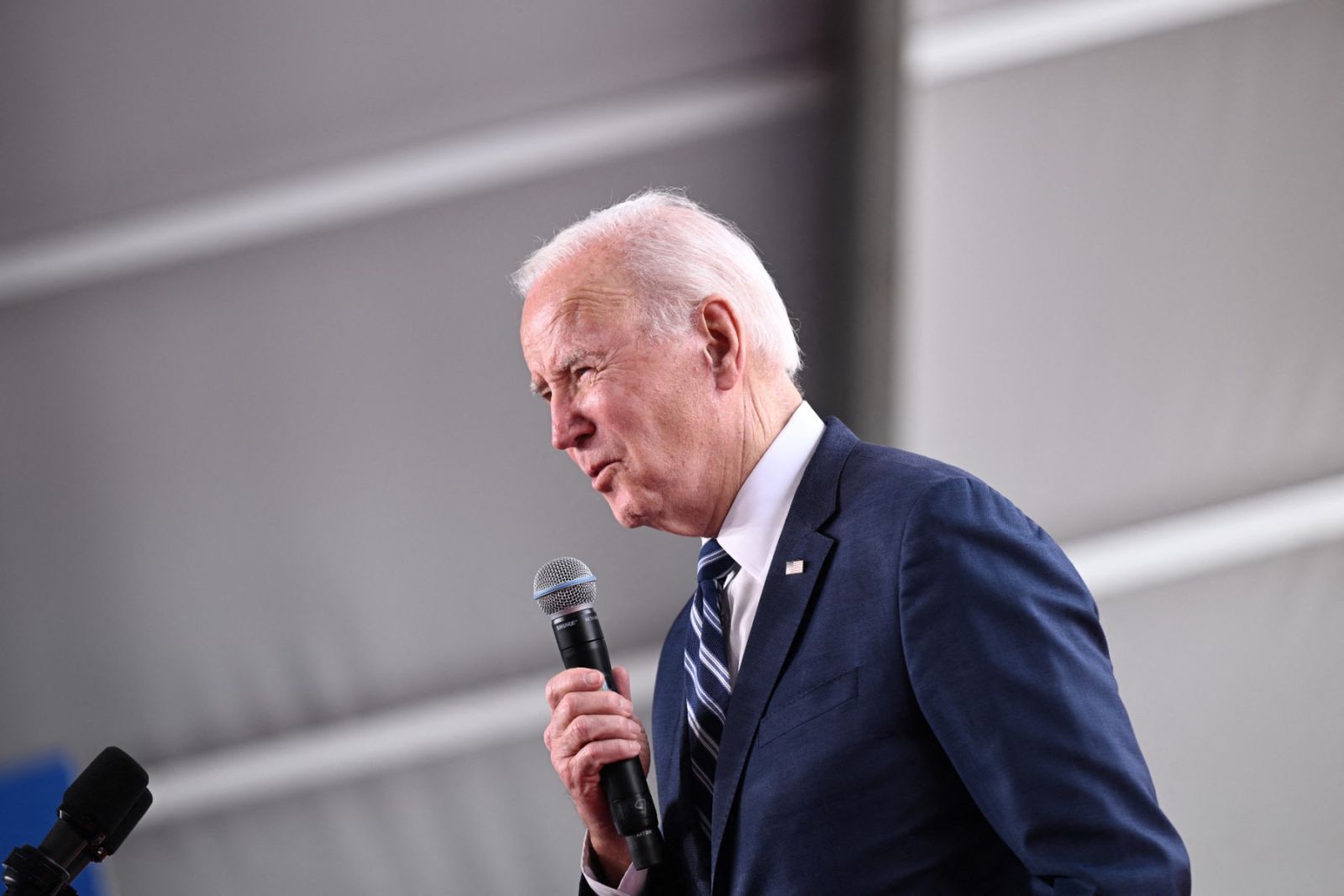ALBAWABA – During US President Biden’s efforts to boost domestic production of microchips, in hopes to rely less on politically spun Taiwan, the semiconductor giant TSMC has dedicated $40 billion by the end of 2022 to expand a US production plant, in Phoenix, Arizona, however, New York Times reports that production is being delayed due to federal financing worries and technical choices.
The Arizona factory was established in 2020, during Trump’s reign in response to the government’s concerns regarding global electronics supply chain and developing tensions with China over Taiwan, with an initial investment of $12 billion, the plant was projected to employ over 1,600 employees and kick-off operations in 2024.
However, TSMC later revealed plans to size up its investment to $40 billion in late 2022, expanding the potential job opportunities the plan would provide for up to 4,500 fixed positions and 21,000 in construction jobs, while pushing its production start date of 12 nanometers chips to 2026, citing lack of local expertise, despite advanced production lines already arriving to the plant.

US President Joe Biden delivers remarks on his economic plan at TSMC Semiconductor Manufacturing Facility in Phoenix, Arizona, on December 6, 2022. (Photo by Brendan SMIALOWSKI / AFP)
In a recent investors call, New York Times reveals that TSMC has decided to push its operations launch once again to sometime between 2027 and 2028 in a critical time for Biden’s administration ahead of the upcoming US presidential elections in the next few months, with TSMC’s Chairman, Mark Liu saying that production is relying on “how much incentives that the U.S. government can provide.”
Citing complexity of federal budgeting plans as the pullback for production, as the government plans major grants for chipmakers to speed up its race against China, it is still ongoing conversations with giants like TSMC and Intel about the amount of these grants and their expected timings, on top of a tax credit that would qualify for investments, supposed to boost production, expected by 2023’s end, but the Treasury Department is yet to provide guidance to these companies.
Emily Kilcrease, senior fellow and director of energy, economics and security program at the Center for a New American Security, has stated that no plans have been halted, adding “But we’re going to have to see some progress and those factories actually coming online in the next few years for the program to be considered a success.









